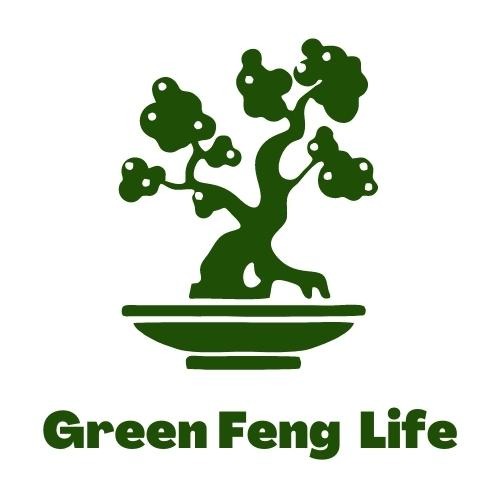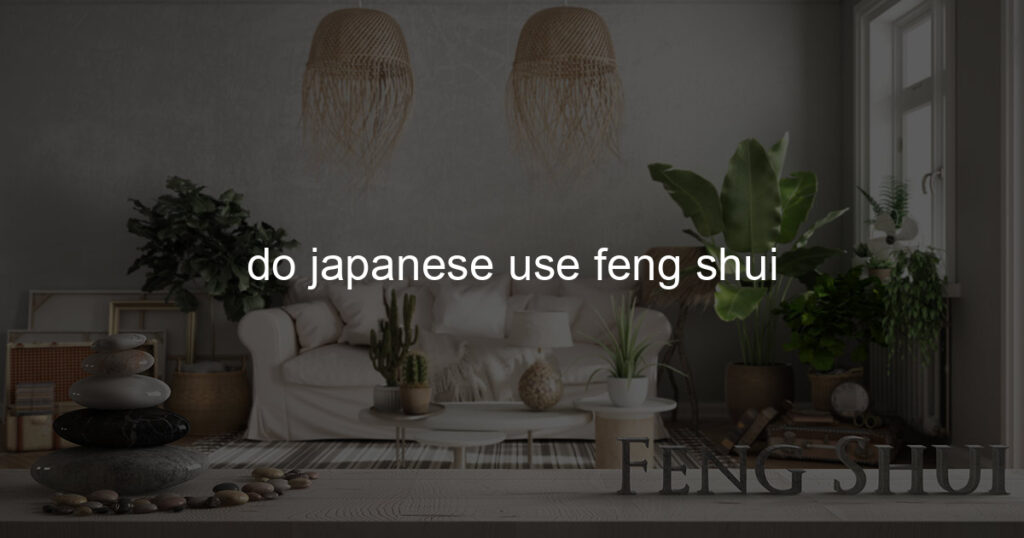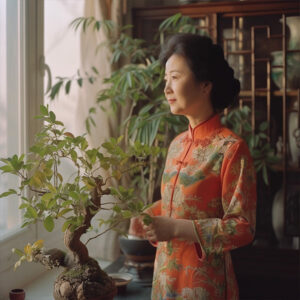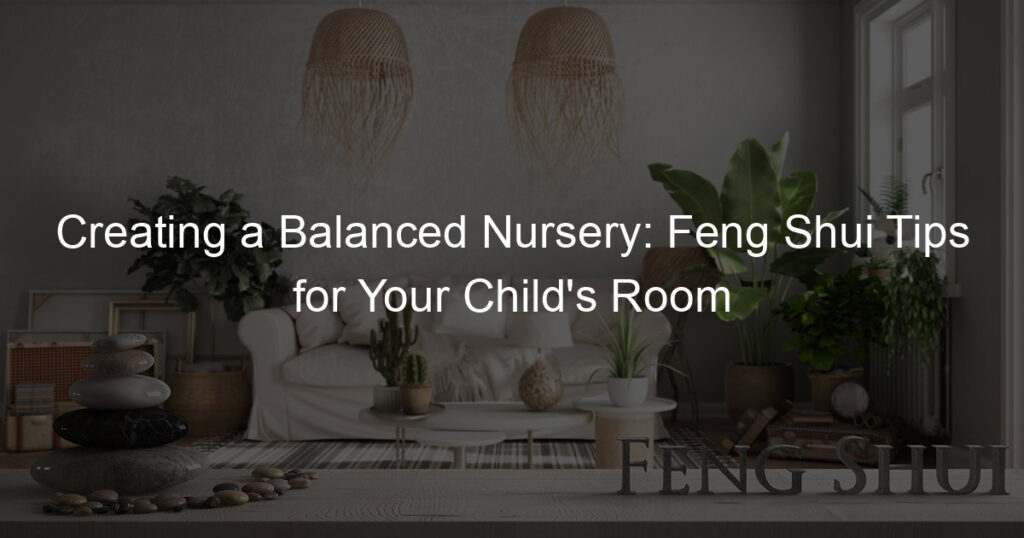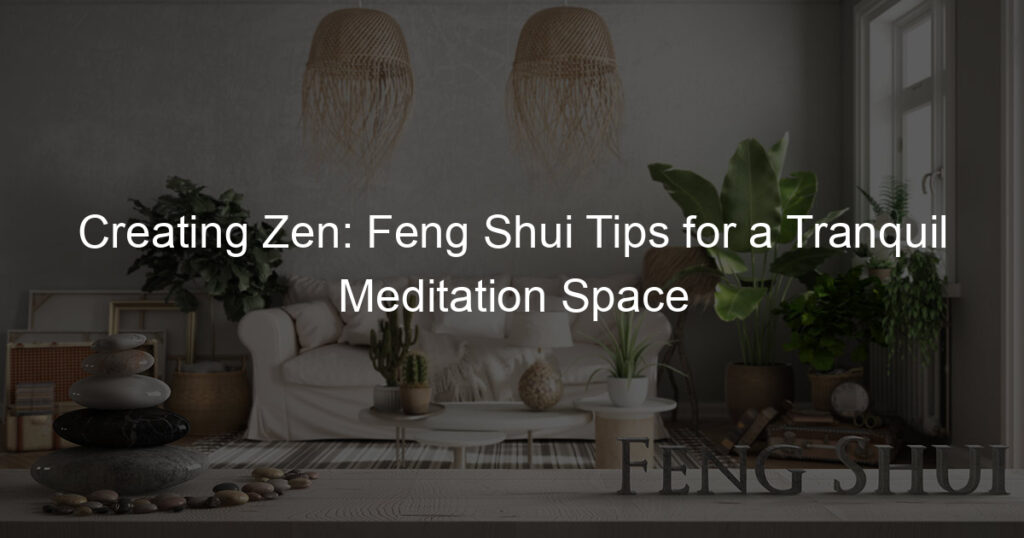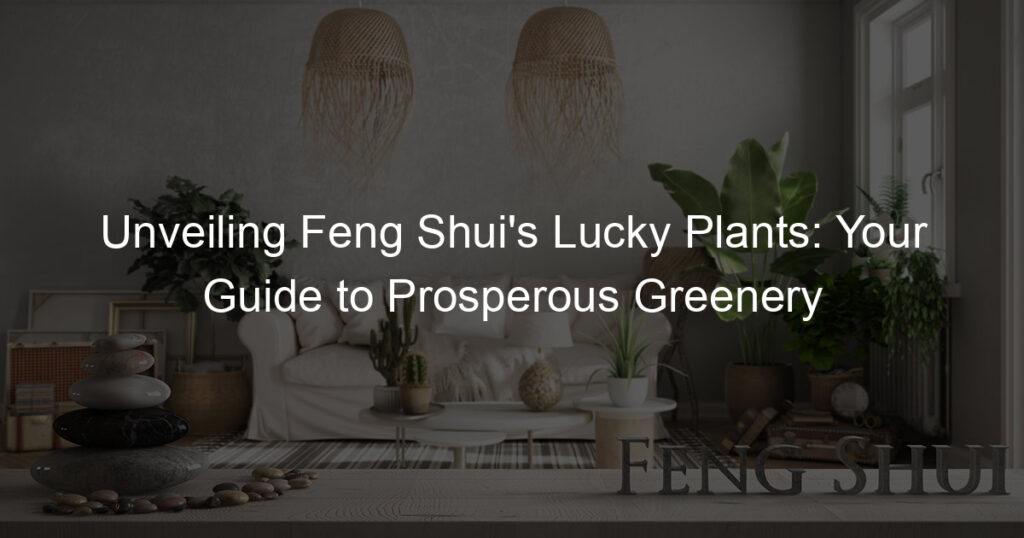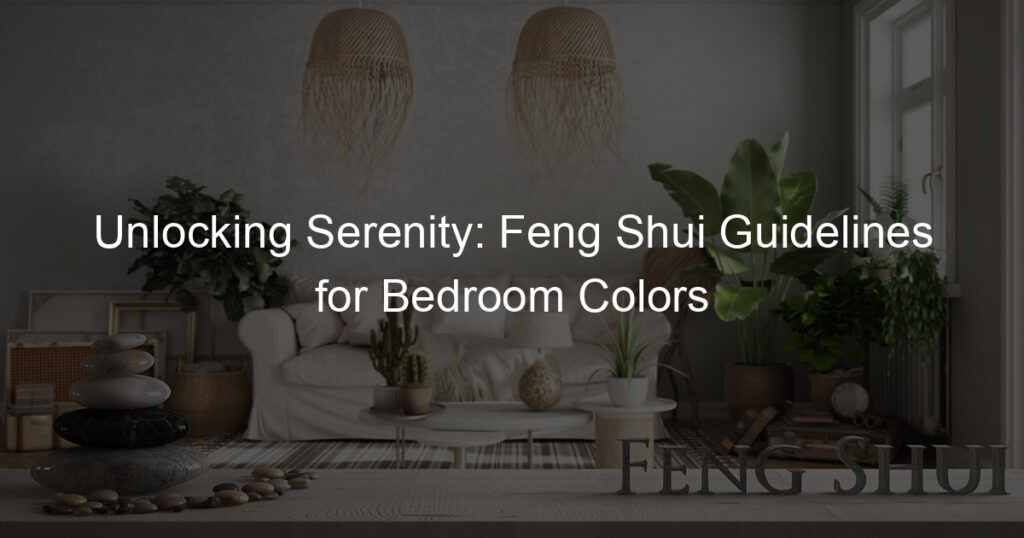If you’re interested in feng shui, you may have wondered if Japanese people also use the ancient practice. The Eastern culture certainly has a long and interesting history filled with rituals, spiritual practices, and ceremonies that can easily be confused with modern-day feng shui concepts. After all, many traditional techniques are still popular today – even outside of Japan!
What is the history of feng shui in Japan?
The Chinese practice of feng shui has long been intertwined with Japanese culture since it arrived in China in the 6th century. During this period, Buddhist monks introduced the practice of feng shui to Japan and spread across the country.
Over time, the practice developed its unique flavor as it assimilated local customs and beliefs in Japan. Feng shui also found success with other religious traditions like Taoism and Shintoism.
That’s why today, many homes throughout Japan contain elements of feng shui, such as wind chimes, ceramic tigers, and bamboo branches placed near entryways to invite good luck into their homes. From modern-city apartments up to ancient castles, the influence of feng shui is seen almost everywhere you go in Japan!
How do the Japanese incorporate feng shui in their homes?
With its roots in ancient Chinese practices, Feng Shui has become an important component of Japanese culture. Japanese homes typically involve incorporating a variety of shapes such as circles and squares, as well as a color scheme that reflects the homeowner’s style.
Many also feature several Feng Shui design elements to help create a positive energy flow throughout the house. These can include things like water features to represent abundance, artwork or plants that are related to the five elements, and correctly placed furniture to keep balance in the home.
Additionally, careful placement of mirrors and windows is often used to generate more natural light and draw good fortune into the living spaces. By carefully following these guidelines, Japanese homeowners can create spaces that embody harmony, tranquility, and a healthy atmosphere for everyday life.
Are there any differences in Japanese feng shui practices?
In Japan, feng shui has been adapted to fit the local culture and there are notable differences between it and traditional Chinese feng shui. For example, while traditional Chinese feng shui emphasizes orientation according to mountains and rivers, Japanese knowledge of geography meant that the Japanese emphasized weather patterns instead.
The practice of feng shui in Japan also adds a more spiritual focus than is traditionally seen in Chinese practices and is more akin to newer interpretations of modern Western feng shui. The main concepts of energy flow, balance, harmony, and placement are upheld, but some of the specific details vary as well.
Learning about these unique aspects of Japanese feng shui can give practitioners insight into how to customize their practice for a specific cultural context.
What are some Japanese feng shui decorating tips?
Japanese feng shui is an interesting way to create harmony in a home or office. The placement of artwork, furniture, and even the materials used can all contribute to the desired energy of a space.
For example, round shapes are believed to encourage flowing energy while making sure there is space around art and objects encourages transformation. The color of items placed in the home also has significance, with reds for passion, blues for healing and calming energy, and yellows for energy and creativity.
To incorporate feng shui into your decorating style, balance warm and cool hues when using paint colors and plants in each room to promote tranquility or a feeling of joy throughout the house.
Can feng shui be used in traditional Japanese gardens?
Using feng shui in traditional Japanese gardens provides a modern twist on the age-old landscaping art. Careful thought is placed into the placement of rocks, trees, or bushes and the use of water and other landscape elements to create a balance that is intended to bring harmony and peace.
Feng shui helps gardeners place these elements together to maximize positive energy while minimizing negative energy. The principles of feng shui are particularly beneficial when incorporating Japanese gardens into urban spaces, as they help create natural gathering spots to foster social connections while also providing an inviting place of retreat.
How has feng shui influenced Japanese culture?
Originating centuries ago in China, Feng Shui has become a common practice in Eastern cultures, including Japan. In Japan, Feng Shui often takes the form of home decorating meant to create harmony and flow within a house or other living space.
For example, mirrors are thought to enhance energy flow since they reflect and increase light. Also popular is the placement of items made of natural materials — like stones and wood — to represent different aspects of life such as wealth and health.
When incorporated into Japanese culture, Feng Shui decorating offers a unique approach that can bring peace, good fortune, and prosperity to those who live within it. Feng shui has become a popular part of Japanese culture.
From its inception in the 6th century to today, many Japanese people have used the ancient practice to create harmony and positive energy flow throughout their homes, gardens, and even entire cities.
By combining traditional feng shui practices with modern styling, homeowners can bring good luck into their lives while creating beautiful spaces that reflect their styles.
Whether you’re looking for ways to spruce up your own home or simply want to learn more about Japanese culture, exploring the influence of feng shui can be a fascinating journey!
Conclusion
Japanese people have embraced the practice of Feng Shui for centuries. While some reject it, Feng Shui is still a very important aspect of many Japanese households and businesses. The application of Feng Shui principles reflects respect for their environment, allowing them to live in harmony with nature. Plus, it also helps bring good luck and fortune as a bonus. Ultimately, it’s easy to see why Feng Shui continues to be an important part of Japan’s cultural landscape for so long.
